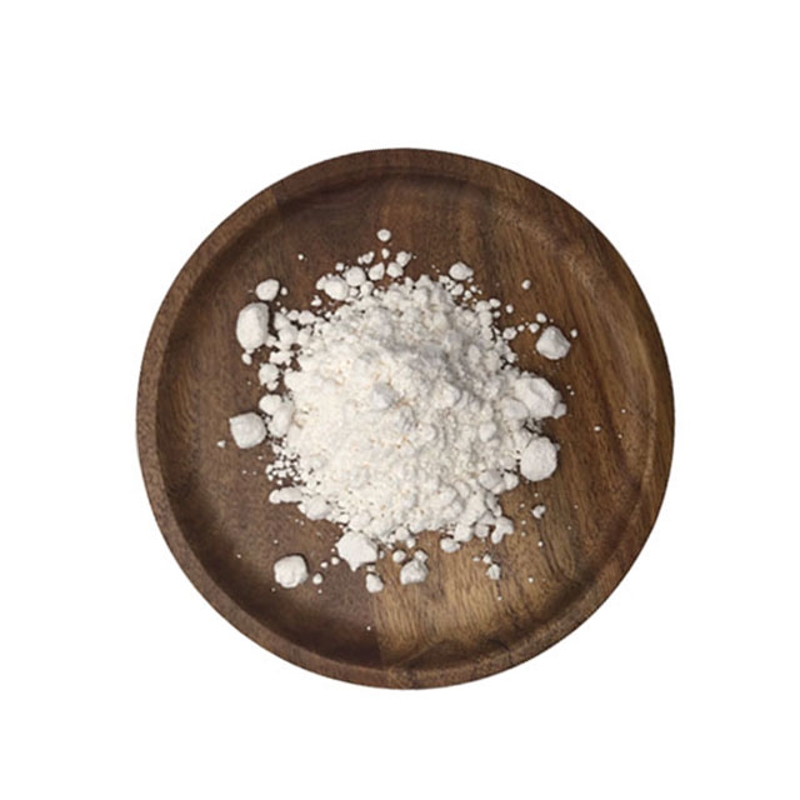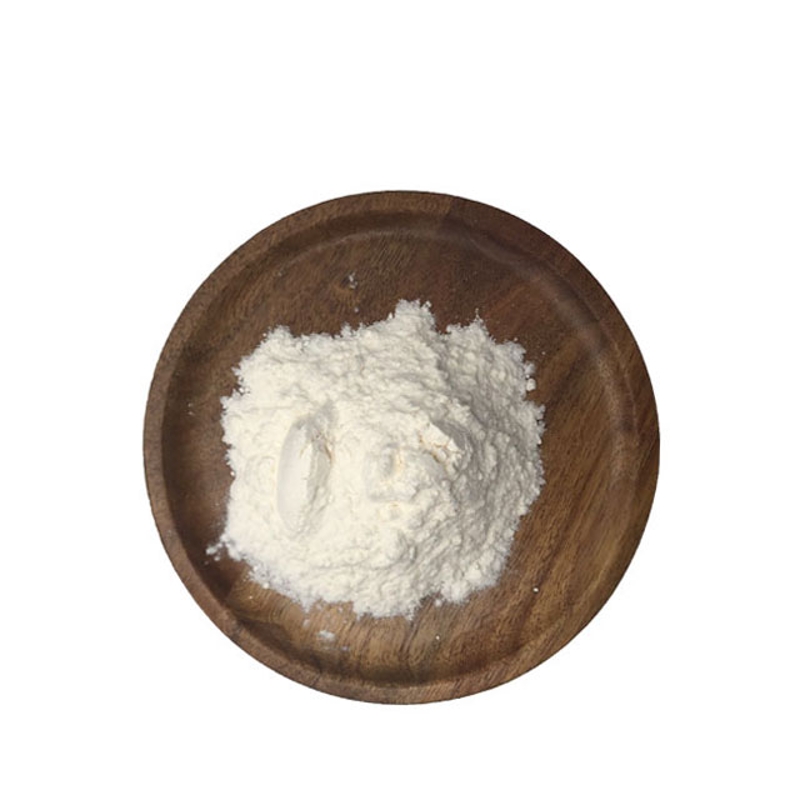-
Categories
-
Pharmaceutical Intermediates
-
Active Pharmaceutical Ingredients
-
Food Additives
- Industrial Coatings
- Agrochemicals
- Dyes and Pigments
- Surfactant
- Flavors and Fragrances
- Chemical Reagents
- Catalyst and Auxiliary
- Natural Products
- Inorganic Chemistry
-
Organic Chemistry
-
Biochemical Engineering
- Analytical Chemistry
- Cosmetic Ingredient
-
Pharmaceutical Intermediates
Promotion
ECHEMI Mall
Wholesale
Weekly Price
Exhibition
News
-
Trade Service
Colorectal Cancer (CRC) is the third most common cancer worldwide, with nearly 2 million new cases per year (after breast and lung cancer) and nearly 1 million deaths per year (second only to lung cancer).
About 1 in 25 people will develop colorectal cancer
in their lifetime.
In China, the annual incidence of colorectal cancer is second only to liver cancer, with 560,000 new colorectal cancer patients
in 2020.
What's more, the incidence of colorectal cancer among young people under the age of 50 has been on the rise
for nearly 30 years.
Although cancer research in recent years has been able to significantly improve the early diagnosis and treatment of colorectal cancer, resistance to commonly used chemotherapy for advanced colorectal cancer remains a major problem and largely contributes to the high mortality
rate of patients.
On November 16, 2022, researchers from the Georg-Speyer-Haus Institute for Tumor Biology and Experimental Therapeutics in Germany published a research paper in Nature entitled: Colon tumour cell death causes mTOR dependence by paracrine P2X4 stimulation
。
The study found that when chemotherapy drugs cause colorectal cancer cells to die, they release ATP (which acts as the cell's energy currency and also as a messenger substance).
These ATPs bind to P2X4 purinergic receptors on the surface of surrounding tumor cells, activating these cells' important survival signaling pathways, protecting them from chemotherapy-induced cell death and helping tumors
become resistant to treatment.
These findings provide important information about the establishment and survival of drug resistance of dying cancer cells to neighboring cancer cells, which creates new opportunities
for combination therapy of P2X4-expressing cancers.
Solid tumors exhibit a dynamic balance between cell death and proliferation to ensure the continued maintenance and growth
of the tumor.
There is growing evidence that enhanced apoptosis of cancer cells is associated with paracrine activation of cells in the tumor microenvironment, initiating tissue repair programs
that support tumor growth.
However, the direct impact of dying cancer cells on neighboring cancer cells and how this paracrine effect may lead to treatment resistance is unclear
.
The study demonstrated that in colorectal cancer organoids derived from colorectal cancer patients, chemotherapy-induced cancer cell death leads to the release of ATP, which binds to P2X4 purinegic receptors on the surface of neighboring cancer cells to mediate mTOR-dependent survival programs in neighboring cancer cells, and the mTOR response of these neighboring cancer cells is due to the increase in reactive oxygen species (ROS) caused by chemotherapy-induced cancer cell death and the resulting DNA damage, which also makes surviving cancer cells sensitive to mTOR inhibition
。
Thus, inhibition of P2X4 purinergic receptors or direct blockade of mTOR in combination with chemotherapy results in massive cell death and significant tumor regression
induced by reactive oxygen species (ROS).
Among them, chemotherapy (5-fluorouracil, 5-FU) combined with mTOR inhibitor (rapamycin) achieves the best tumor suppressive effect
.
Professor Florian Greten, corresponding author of the paper, said the study was surprised to find that cancer cells have developed communication mechanisms that allow even dying cancer cells to play an active role
in ensuring the survival of their "neighbours" in the face of an "attack" from cancer treatment drugs.
Finally, the research team said that there is a great hope to achieve a huge improvement
in the effectiveness of standard therapy in cancer patients by interrupting communication between cancer cells.
The team will work with researchers at the Cancer Institute in Frankfurt to test this new treatment concept
in cancer patients.







